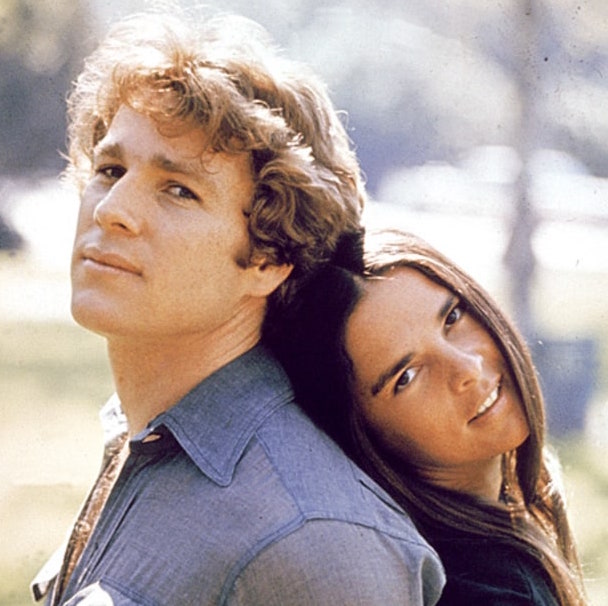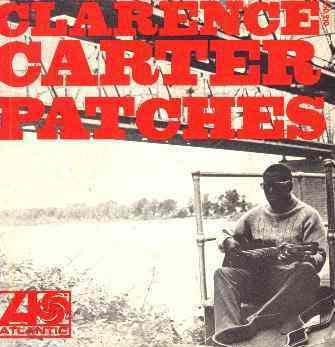
EPISODE 223: MIA
I think American Buddhists are missing in action. I think they really are. At least in one particular.
They are missing in action in relation to an almost overwhelming contradiction with their teaching that exists in common public culture today.
I am talking about the notion of “narrative”.
 “Narrative” is the word for a “story” — the usual term for it in mindfulness therapy — that collects the different realities in your life into one basket. Story, or narrative, is an attempt to understand as a single whole the different experiences you have in life. It is almost invariably imposed, or deduced, rather than discovered, and induced. According to many today, your life has to have a narrative (i.e., imposed upon it by your mind, or by someone else’s mind) in order for it to have meaning. You almost become one with your narrative.
“Narrative” is the word for a “story” — the usual term for it in mindfulness therapy — that collects the different realities in your life into one basket. Story, or narrative, is an attempt to understand as a single whole the different experiences you have in life. It is almost invariably imposed, or deduced, rather than discovered, and induced. According to many today, your life has to have a narrative (i.e., imposed upon it by your mind, or by someone else’s mind) in order for it to have meaning. You almost become one with your narrative.
Buddhism teaches something different. It teaches that the narratives or stories you employ to categorize your experience are arbitrary, or “arbitrary conceptions”, which the mind has forced on the facts in order to assign a unity, or appearance of unity, to them. But, said the Teacher, narratives are only partially true, at best. This is because reality of life is so various and so dependent on perception that no one “field theory” is sufficient to explain it, let alone explain it to yourself.
I wish that Buddhists, who are pretty popular in a lot of circles by comparison with Christians, of whom I am one, would “come out” on this subject. Recently, I asked a Buddhist teacher whom I admire, “Why doesn’t anyone from your community ever challenge the prevailing ‘narrative’ about narratives? You disappoint me.” The teacher hung his head, literally. “I know, I know,” he said. “We just don’t want to go there, at least in a public way.”
This cast draws on two R & B ‘Soul’ ballads that, were they recorded today, would probably invoke a “narrative” to explain the voice — and problem — of the singer. But they weren’t recorded today. They understand the suffering they relate, and the deliverance from that suffering which both songs celebrate, in a different way.
LUV U.
EPISODE 224: Robert Nathan
I want to introduce Robert Nathan to you. Robert Nathan was born in 1894 and died in 1985. He was the author of many novels, almost all of them bittersweet yet delightful tales of romantic love and its progress with everyday people. Several of them, including The Bishop’s Wife and Portrait of Jennie, are fantasies — or rather, romances with a strong element of fantasy. Moreover, several of them were made into Hollywood movies — right up to 2006.
Why I present Robert Nathan to you is because he is after the one thing needful — ‘What is Love?’ (Foreigner). But he is also after God. God comes into almost all Nathan’s stories, directly and with a deep and loyal openness. Robert Nathan was a believer, but neither — tho’ he was Jewish by birth — a practicing Jew nor a practicing Christian. But also sort of both! Today he would be considered almost overly assimilated, as he seems to move effortlessly between a Christian thought-world and a Jewish-one. But above all a Love Story (1970) thought-world!
Read Robert Nathan! See Portrait of Jennie (1948)! He is a lovely pleasure, not a guilty one, for your ‘Wonder Years’, for your Twilight Time, and for your Sunset Years. He’s really for everybody, in every year. HUGS.

COMMENTS












